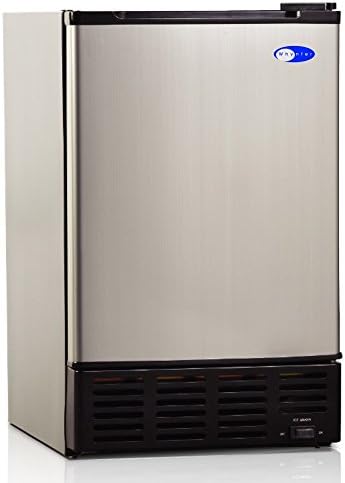Commercial Refrigerators Refrigeration Equipment
Reviews in that Category
Commercial refrigerators and refrigeration equipment play a crucial role in the restaurant industry by providing a safe and controlled environment for storing perishable food items and beverages. These appliances are specifically designed to meet the demanding requirements of commercial kitchens, ensuring food safety, freshness, and efficiency. Here are some key points about commercial refrigerators and refrigeration equipment:
Types of Commercial Refrigerators:
- Reach-In Refrigerators: These are upright refrigerators that resemble household refrigerators but are larger and designed for commercial use.They come in various sizes and configurations.
- Walk-In Refrigerators: These are large refrigerated storage rooms that allow for the storage of a significant amount of food items. They are commonly used in restaurants and catering businesses.
- Undercounter Refrigerators: These units are designed to fit under countertops, making them suitable for compact kitchen spaces or areas where easy access is required.
- Display Refrigerators: These refrigerators have glass doors and are often used to showcase items such as beverages, desserts, or sandwiches to customers.
Refrigeration Equipment:
- Compressors and Condensers: These components are the heart of a refrigeration system. Compressors circulate refrigerant gas, while condensers release heat from the system.
- Evaporators: Evaporators are responsible for absorbing heat from the interior of the refrigerator, allowing the contents to remain cold.
- Thermostats and Controls: These devices regulate the temperature inside the refrigerator, ensuring it stays within a safe range.
- Defrost Systems: Many commercial refrigerators have automatic defrost systems to prevent ice buildup, which can reduce efficiency.
- Insulation: Proper insulation is crucial to maintain consistent temperatures and energy efficiency.
Features and Considerations:
- Temperature Zones: Commercial refrigerators may have multiple temperature zones to store different types of food at their ideal temperatures.
- Energy Efficiency: Energy-efficient equipment can help reduce operating costs and environmental impact.
- Size and Capacity: Choosing the right size and capacity is essential to meet the needs of the restaurant without wasting space.
- Materials and Durability: Stainless steel interiors and exteriors are common for their durability and ease of cleaning.
- Noise Level: Some refrigeration units are quieter than others, which can be important in customer-facing areas.
Maintenance and Cleaning:
- Regular maintenance, including cleaning coils and checking seals, is crucial to keep refrigeration equipment running efficiently.
- Proper food storage and organization help prevent cross-contamination and maintain food quality.
Health and Safety Regulations:
- Commercial refrigeration equipment must meet specific health and safety regulations to ensure food safety and prevent contamination.
Cost Considerations:
- Commercial refrigeration equipment can be a significant investment, but it's essential to balance quality and features with budget constraints.
In summary, commercial refrigerators and refrigeration equipment are essential components of restaurant kitchens, ensuring food safety and freshness while contributing to the overall efficiency of the operation. Selecting the right equipment and maintaining it properly is crucial for the success of any restaurant or foodservice establishment.


